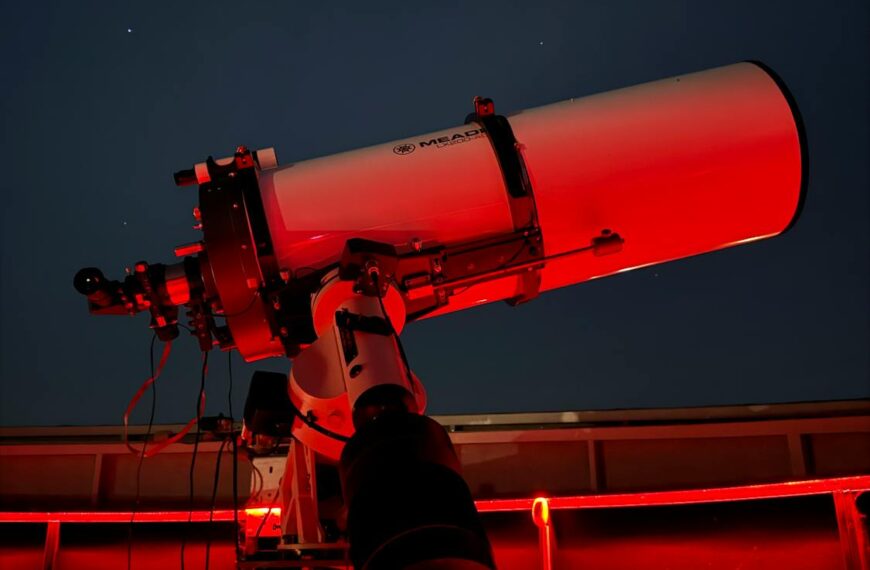Understanding the Modern Automotive Landscape
The automotive industry is evolving rapidly, with technology driving transformative changes. From the rise of electric vehicles to smart driving systems, the automotive world is no longer limited to fuel engines and basic models. Today, consumers expect sustainability, connectivity, and performance. If you’re part of this industry—or simply passionate about cars—understanding these shifts in the automotive space is crucial.
Automotive Innovations Driving the Industry Forward
Innovation is the heartbeat of the automotive industry. From autonomous vehicles to AI-powered diagnostics, every year introduces new tools and trends. In today’s world, the automotive market isn’t just about building cars; it’s about creating intelligent, safe, and sustainable mobility solutions.
Top automotive innovations include:
- Electric Vehicles (EVs) and hybrid technologies
- Self-driving and semi-autonomous systems
- Vehicle-to-everything (V2X) communication
- Advanced driver-assistance systems (ADAS)
- Lightweight materials for better fuel efficiency
These developments are redefining the automotive experience for both manufacturers and end-users.
Sustainability in the Automotive Industry
Sustainability is no longer optional in the world—it’s a priority. Global regulations and customer expectations have pushed automakers toward greener, cleaner technologies. The transition to EVs and hybrid models is helping the automotive industry reduce carbon emissions and promote responsible manufacturing.
Recycling, efficient energy use in production, and the shift to renewable materials are becoming common practices in the sector.
The Role of Technology in Shaping the Automotives Future
Technology is the backbone of modern advancements. Artificial intelligence, machine learning, and IoT (Internet of Things) are integrating into every phase of car manufacturing and performance.
In the automotive industry, tech allows:
- Predictive maintenance
- Enhanced safety features
- Seamless in-car connectivity
- Real-time navigation and telematics
- Smart infotainment systems
These innovations ensure that the experience is not just about transportation—it’s about intelligent interaction.
Digital Transformation and the Automotive Customer Journey
Today’s automotive customers are more informed than ever. Thanks to online research, virtual showrooms, and mobile apps, the buyer journey has shifted dramatically. The industry has embraced digital platforms to reach customers with interactive experiences and virtual vehicle tours.
From test drives to financing options, the entire automotives buying process is now digital-friendly—offering convenience and transparency to consumers.
Challenges Facing the Automotive Industry
Despite progress, the automotives industry faces challenges:
- Supply chain disruptions
- Chip shortages
Rising manufacturing costs - Regulatory pressure on emissions
- Shifting consumer preferences
To stay competitive, companies must remain agile and ready to adapt to these hurdles with innovation and resilience.
The Global Impact of the Automotives Sector
The automotive industry is a global economic powerhouse. It supports millions of jobs, fuels innovation, and connects industries from steel to software. With electric vehicles gaining traction, countries are investing in EV infrastructure and clean energy solutions to support the future of mobility.
The sector’s impact goes beyond cars—it shapes cities, transportation systems, and global trade.
Final Thoughts: What’s Next for the Automotives Industry?
The world is on the brink of a massive transformation. Whether it’s advanced vehicle technology, green innovation, or smarter mobility, the future is bright for those who embrace change.
As we move forward, the automotives industry will continue to evolve—combining efficiency, intelligence, and sustainability to create vehicles that serve more than just transportation needs. For professionals and enthusiasts alike, staying informed about trends ensures you remain at the forefront of this exciting journey.


















